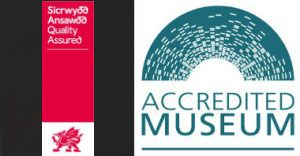Swansea Museum Collection
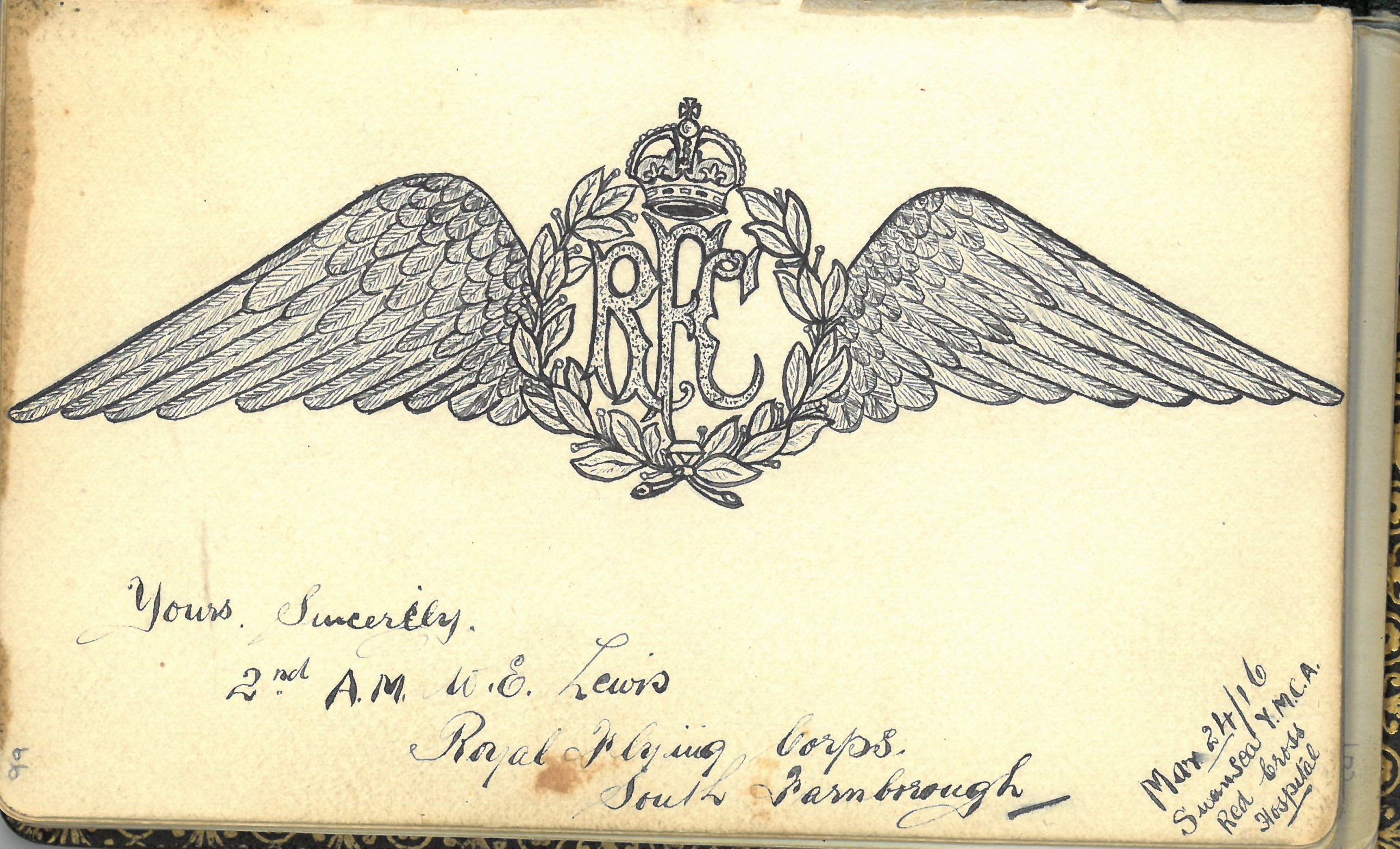
Book, ink on paper, dark green leather cover with the word ‘Album’ in gold lettering. An autograph book from World War 1, belonging to Esther Florence Davies (known as ‘Hettie’) who worked as a ‘VAD’ (Voluntary Aid Detachment) nurse. When she first started volunteering nursing she would feed and wash the patients, later becoming a cook in the kitchen with the 88th Red Cross Hospital Detachment based in the YMCA building, in St Helens Road, Swansea, during the First World War from 1916-1919. The inscription on the front page reads ‘Esther Florence Davies, Llwyn Helyg, (Sketty) Swansea, 1916. In this small autograph album ‘Hettie’ has collected messages, poems and drawings from the soldiers at the YMCA hospital in Swansea. In the beginning of the book on page one is a poem hand written by ‘Hettie’ called ‘My Song’, which is about her love of singing. Her daughter, the donor wrote ‘My mother had a magnificent contralto voice and sang to the troops with a choir, it would explain the first page in the album.’
The autograph book was donated fairly recently and research into those who signed it is still ongoing.
By May 1917 the Red Cross had taken over the entire building. YMCA Swansea was involved in various support roles providing canteens for soldiers, first at the building and then subsequently from St Andrews Church. There were also canteens at Kings Dock and High St Station for troops on the move. Like all YMCA’s the main role was supporting frontline troops through the provision of YMCA huts close to the frontline. Funds would be raised and sent to the national body for distribution.
A number also volunteered at the hospitals. The Ladies Auxiliary of YMCA Swansea were actively involved in all of the above. They also actively involved in providing support at the various hospitals in Swansea including organising entertainment. It is possible that Esther if not a member may have been the daughter of a member of the auxiliary or someone else involved with the YMCA.
The book is signed by a number patients. Some sign with just brief details such as number and regiment, whilst others include poems and drawings.
An example on page seven of the album, an injured soldier has written his name, number, rank and regiment, a Private J. Coleshill, 14684, 8th Bath East
Surreys Regiment.
He writes he had sustained a wound on his left shoulder from fighting near Montauban, 1st July, 1916. The page is dated ‘Jan 1st 1917, YMCA.’
Private Coleshill was injured on the first day of the Battle of the Somme, Northern France.
The casualty numbers involved in WW1 can be difficult to get your head around. The British Army lost just under 20,000 killed on the 1st July 1916, the first day of the Battle of the Somme. 20,000 is a full Liberty Stadium. Private Coleshill was one of the 40,000 wounded on the 1st July.
The battle of the Somme would go on for several months. The Welsh Division, including the Swansea Battalion would enter into the battle several days later attempting to take Mametz Wood, again with heavy casualties.
Some of the injured and who were treated at the YMCA hospital would have been discharged, but most probably returned to active duty. It is therefore inevitable that some would later make the ultimate sacrifice.
Private Alexander John Bean from Dover signed the book on the 15th December 1916 stating “wounded 1st September 1916 in Delville Wood, 3rd Battalion, the Buffs.
He died aged 20 at Passchendaele in October 1917.
Sapper, William Darlington 145640 signed, “212 Field Coy Royal Engineers, wounded in left thigh at High Wood on the Somme”.
The Casualty form indicates he was admitted to the Red Cross Hospital, Swansea on the 23rd August-1916 and discharged on the 23rd November 1916. He was killed on 24 November 1917.
Some of the entries are far more detailed and include poems and sketches.
Private Burton of the Machine Gun Corps wrote “Wounded 4th time on the Somme, March 25th 1918. With all good wishes to Nurse Davies” along with a sketch of a bird and the following poem.
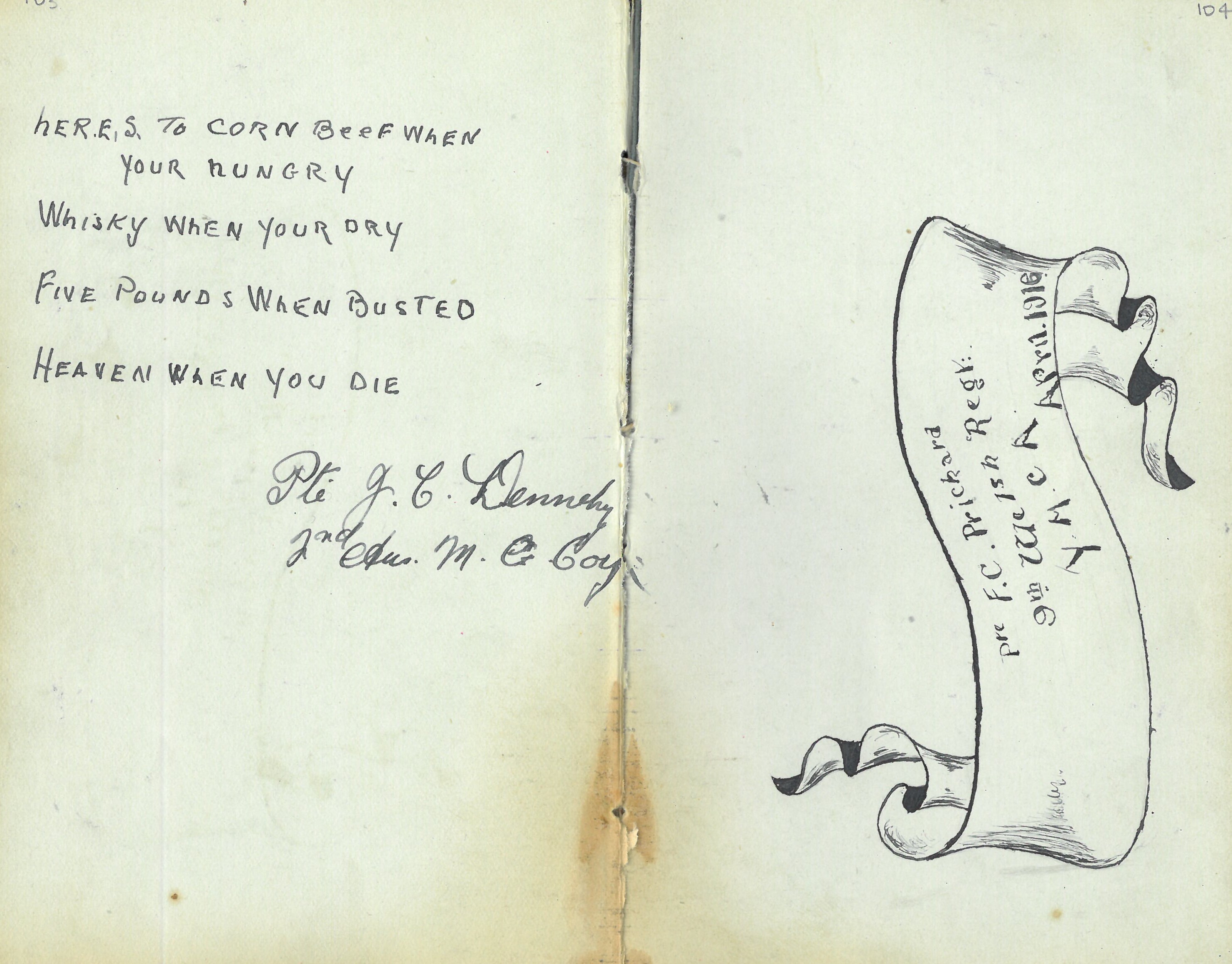
The Gunner smiled as his breachblock closed,
His arm was steady, his grip was tight;
The Gunner smiled, and his face beamed bright
In the twilight flush of an autumn night.
Silent columns of moving men
Moved to a point in a neighbouring glen,
And the Gunner smiled.
The Gunner smiled as his gun spoke loud,
With deafening crash and darkening cloud;
The Gunner smiled as the darkness fell,
Smiled at the wreck of shot and shell.
The Gunner smiled with firm fixed eye
In the field of death, where brave men die.
Then he sank down slowly beside his gun,
And smiled, though his cause was nearly run;
Though his heart beat faint in his wounded breast,
The Gunner smiled as he went Out West.
Private J C Dennehy from Australia, signed his name along with the following short poem.
“Here’s to corn beef when your hungry
Whisky when your dry
Five pounds when busted
Heaven when you die”
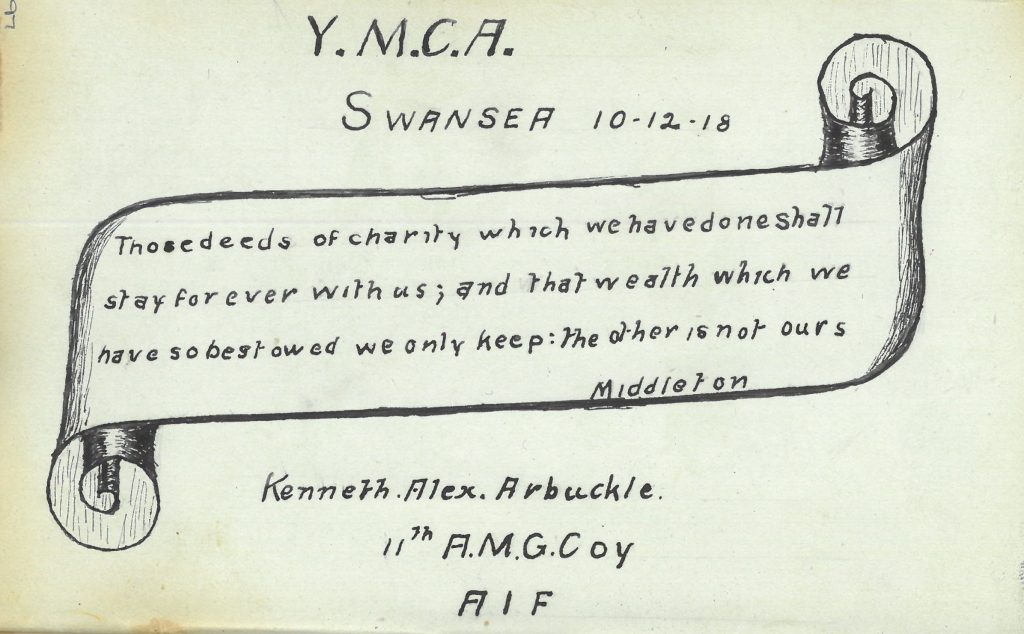
Private Dennehy, was also killed five months later in October 1916.
